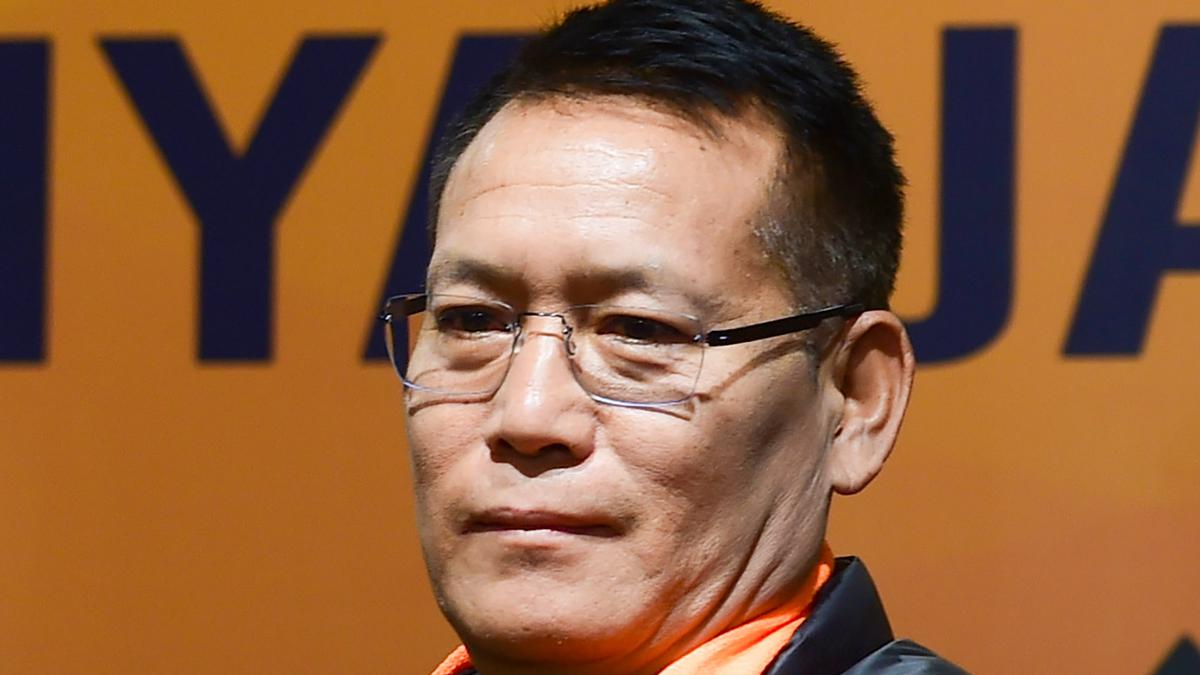
Manipur MLAs camping in Delhi to push for restoration of normality, protection of State’s integrity
The Hindu
At least 34 Manipur MLAs are camping in Delhi to spearhead the popular demands such as restoration of normality in the State, protection of the State’s territory and firm refusal of creation of a “State within the State”. Two Kuki Zo Cabinet Ministers, Letpao Haokip and Nemcha Kipgen, and eight other tribal MLAs are also in Delhi to intensify their demands which are diametrically opposite to those of non-Kuki Zo MLAs.
At least 34 Manipur MLAs are camping in Delhi to spearhead the popular demands such as restoration of normality in the State, protection of the State’s territory and firm refusal of creation of a “State within the State”.
Interestingly, two Kuki Zo Cabinet Ministers, Letpao Haokip and Nemcha Kipgen, and eight other tribal MLAs are in Delhi from May first week to intensify their demands which are diametrically opposite to those of non-Kuki Zo MLAs.
These 10 MLAs and Ministers did not attend the special session of the Manipur Assembly held at the fag end of August. Ms. Kipgen maintains that as the security cover for her was inadequate she could not to take part in the special session lasting nine minutes apart from the 30 minute adjournment.
Congress MLA T. Lokeswor, who is a former Speaker, said: “The absence of these 10 MLAs from the Assembly session should not be overlooked. Chief Minister N. Biren should have dropped the two Ministers”. In response, Mr. Biren told some reporters that if they declined to discharge their duties they should “resign”.
Reacting to the Chief Minister’s statement, Mr. Lokeswor said: “The BJP leaders are concerned with saving the BJP-led coalition government. The five Congress MLAs will also join hands with other elected representatives in spearheading the demands”. However, in the 60-member House, the Opposition Congress has just five MLAs.
Congress Legislature Party leader Okram Ibobi said, “The Central government could restore peace and normality in three days. There are many unanswered questions why there is still bloodshed”.
Meanwhile, police say that 175 persons have been killed and 32 others are missing. Around 95 bodies still remain unclaimed and 386 places of worship were damaged. At least 5,780 houses were burned down. Family members say that the number of dead persons must be higher and several families have performed symbolic cremations and burials without the bodies. The family members believe that after killing the Meiteis the bodies were buried in unmarked graves or simply thrown in deep gorges.













